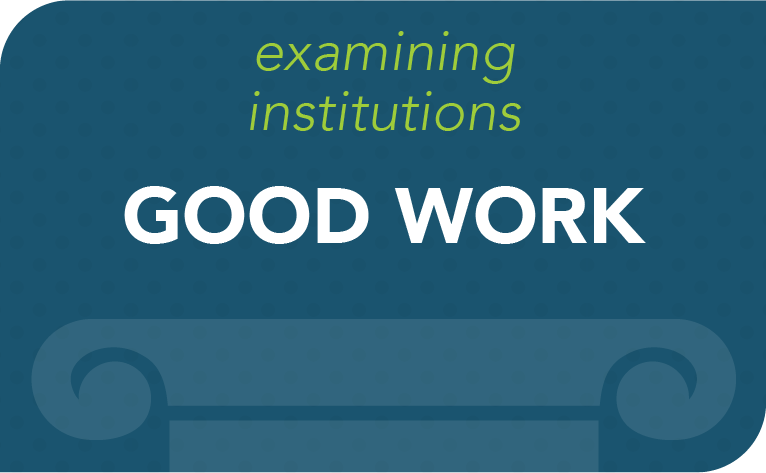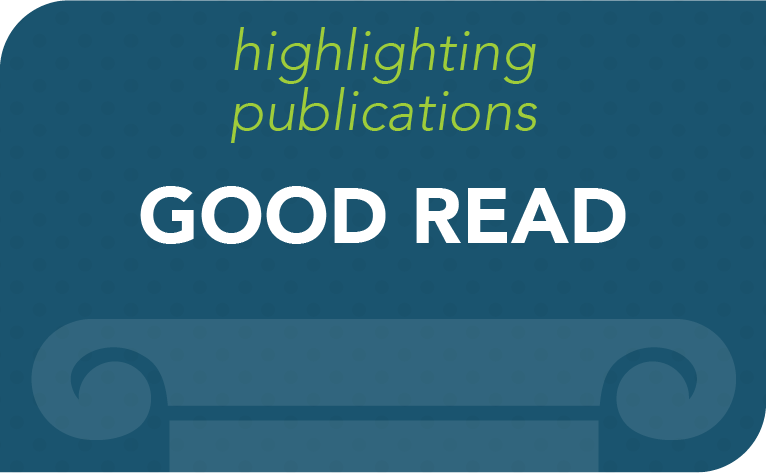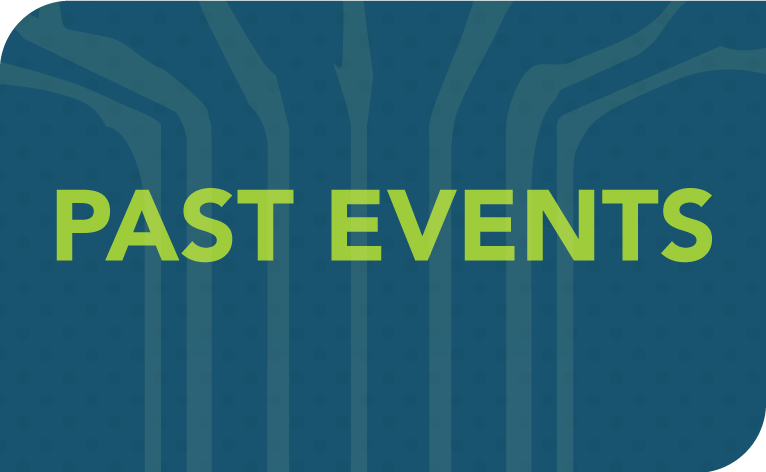
Especially In A Pandemic
January 2021
by Suzanne Shanahan
Professor of Sociology, Duke University
Nannerl O. Keohane Director, Kenan Institute for Ethics
I am a walker. I walk just about everywhere I need to go. It is not a virtuous position: it is neither an environmental stance, nor a healthy choice. I am simply a horrible driver. I live in a neighborhood close to Duke’s iconic East Campus where people know each other if not by name then by face. It is a strong norm for walkers to acknowledge and even stop to chat briefly with those you pass when walking. The presence of dogs (or the occasional cat) increases the anticipated friendly banter. This albeit superficial friendliness has always comforted me. Since last March, walker norms, like so many other things, have changed significantly. Each time a passersby steps into the road to avoid coming too close, I appreciate the courtesy. I also feel a small sense of loss. The loss is magnified by the lack of acknowledgement, the absence of knowing eye contact, or a simple smile. Masks make it easy to avoid the humanity of another. And so masked, we walkers pass like we really don’t know or care to know each other, like we don’t actually share the same sidewalks and the same community. This loss is certainly a trivial one when there are so many more significant, profound losses. And yet as the director of an ethics institute that calls itself a think and do tank, where we emphasize everyday ethics and the prosaic dimensions of what is means to live an ethical life and to be part of a community, this loss is not in fact inconsequential. Much of our programming in the classroom and in the community is inspired by Sam Wells’, The Nazareth Manifesto (2015), and in particular the principle of being with, so I do worry about the impact of social distancing in the short and long run on rituals of community big and small. Life’s small kindnesses and connections do matter — especially in a pandemic. For all its wonders, Zoom does not easily spark moral imagination or afford that same deep sense of togetherness and common purpose that we have long cultivated at the Kenan Institute for Ethics. In both Tattoos on the Heart (2011) and Barking to the Choir (2017) Greg Boyle introduces the interrelated principles of boundless compassion and radical kinship to explain the success of Homeboy Industries and gang member rehabilitation. For Boyle, there is something almost magical but surely transcendent in a space of complete acceptance of another person. Together with Wells’ work, Boyle’s perspective has long offered the Institute a way of thinking about our purpose, our commitment to human flourishing, as well as how we work to achieve it—both in the community and at Duke. They encourage expansive empathy. Boyle encourages us to come to our work at the Institute with community members as well as fellow faculty and students without judgment or reproach whatever the intellectual, cultural, religious, racial, socio-economic or ideological differences might divide us. It offers a space of common purpose. Virtual empathy seems to offer far less. I remain skeptical that establishing radical kinship is achievable over email or Zoom. Last weekend, I went to the supermarket with my teenage daughters. While strolling the aisles, I bumped into a student. I had last seen her in person on the day Duke closed its doors last March. At that time, we had just spent the week working along-side each other, together collecting life story interview data from survivors of domestic child sex trafficking for a new research project. We heard the news about Duke’s closing its doors indefinitely together. It was a surreal and overwhelming moment. The summer before, we had spent a month together doing research in Rwanda. Day after long and challenging day, we sat on roadsides in small villages across the country interviewing refugees from Burundi and the Congo. The interviews were at turns humorous, heartwarming, and heartbreaking. It is fair to say I know her well. You can’t work that closely with someone on these sorts of projects and not share something significant—an understanding, a set of values, a common purpose, a respect, even a love. We are friends in the Aristotelian sense of friendship of the good. When seeing her for the first time in more than 10 months, and forgetting all the new norms, we did what friends do: I hugged her and she hugged me. As we hugged there in the supermarket, my children gasped, the friend she was with gasped, strangers who shared the cereal aisle gasped. One shopper even made a most unkind remark. Brazenly we had violated the new rules of human interaction. We were in that moment marked as bad people. But in that instant, she and I both laughed, sharing a moment of joyful kinship that has over the past couple of years made both our work and our personhood possible in ways the others could not quite understand. Indeed, we reveled in the banality and comfort of this simple gesture. As I reflect on that moment, I can’t tell which is the greater misfortune: that this once commonplace exchange was somehow a public transgression or that the others could not understand how foundational kinship is to who we are, what we do and how we do it—especially in a pandemic.





